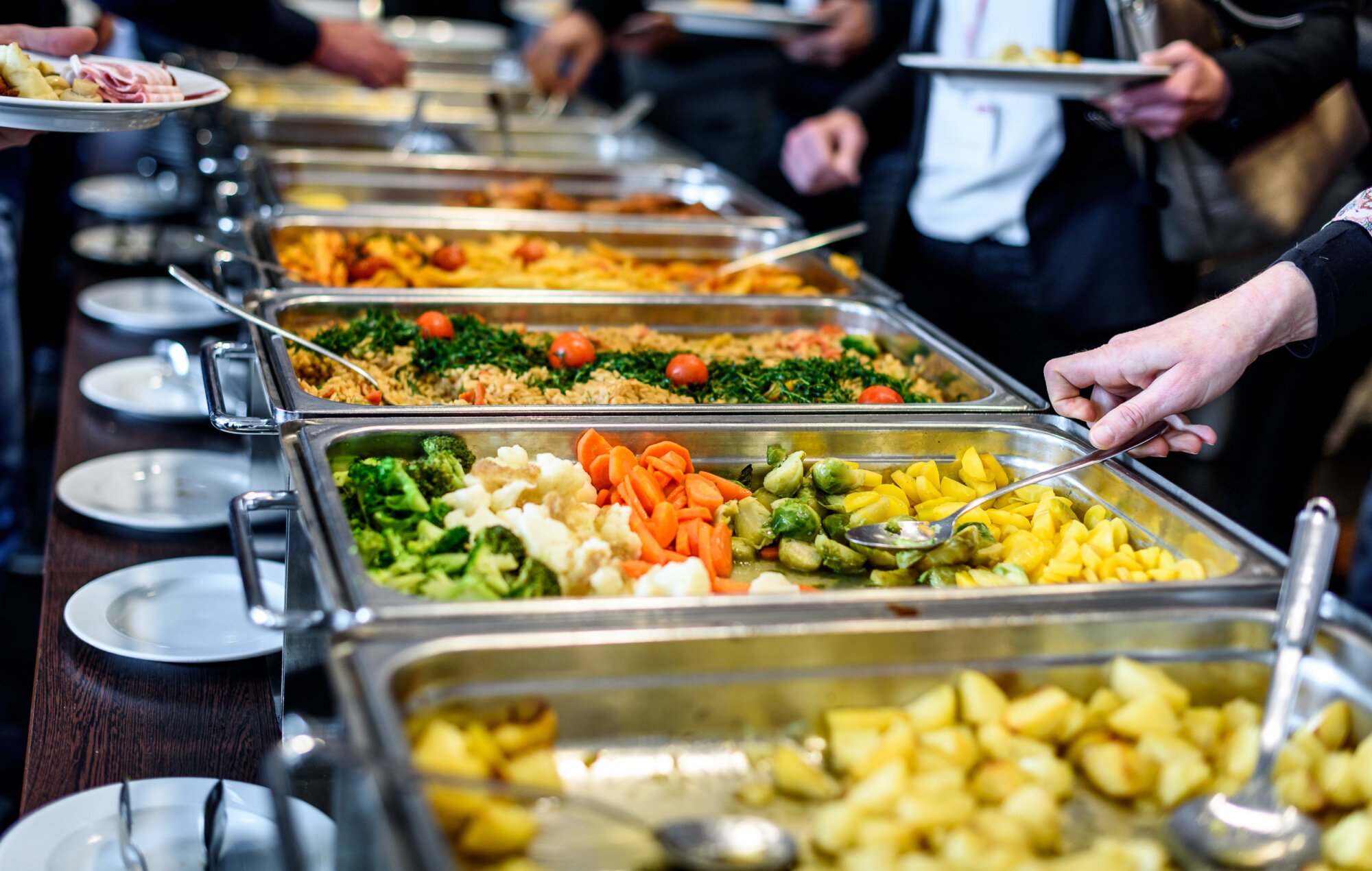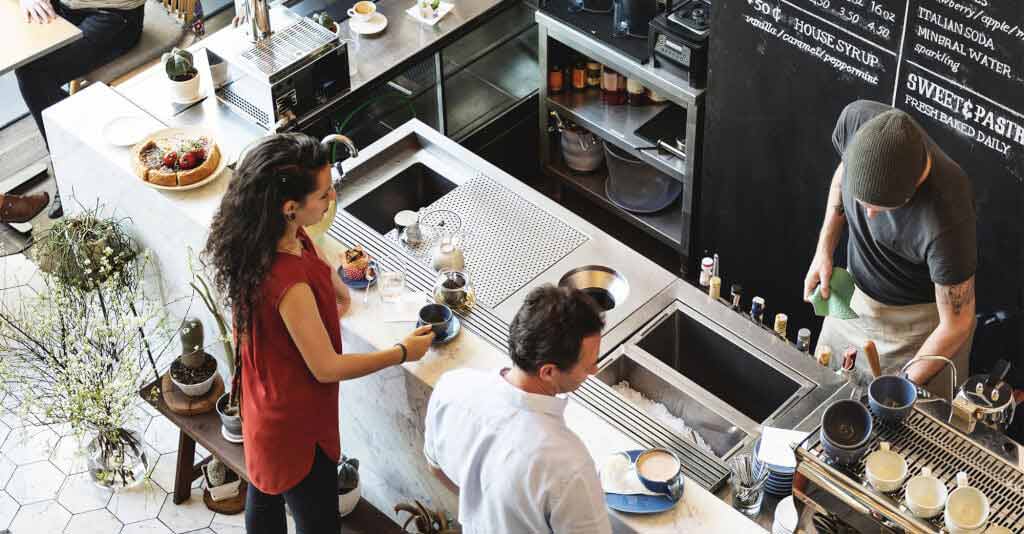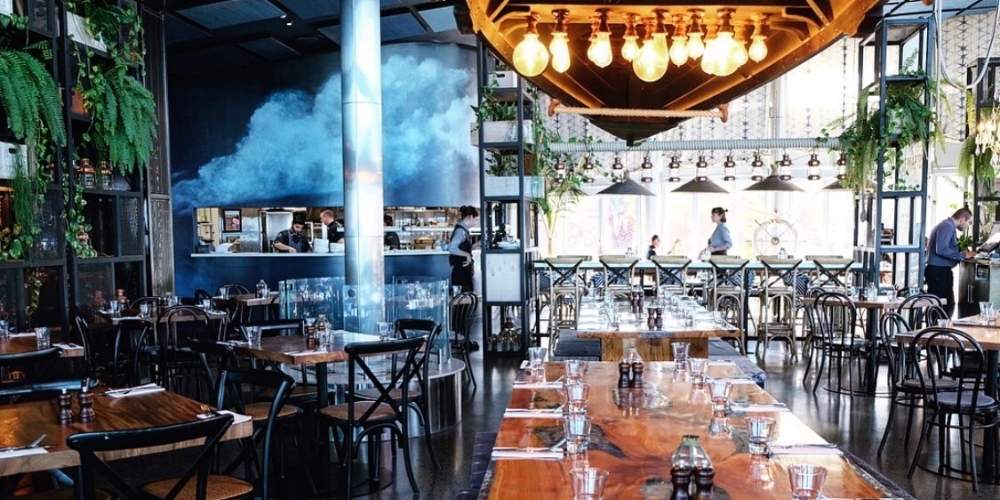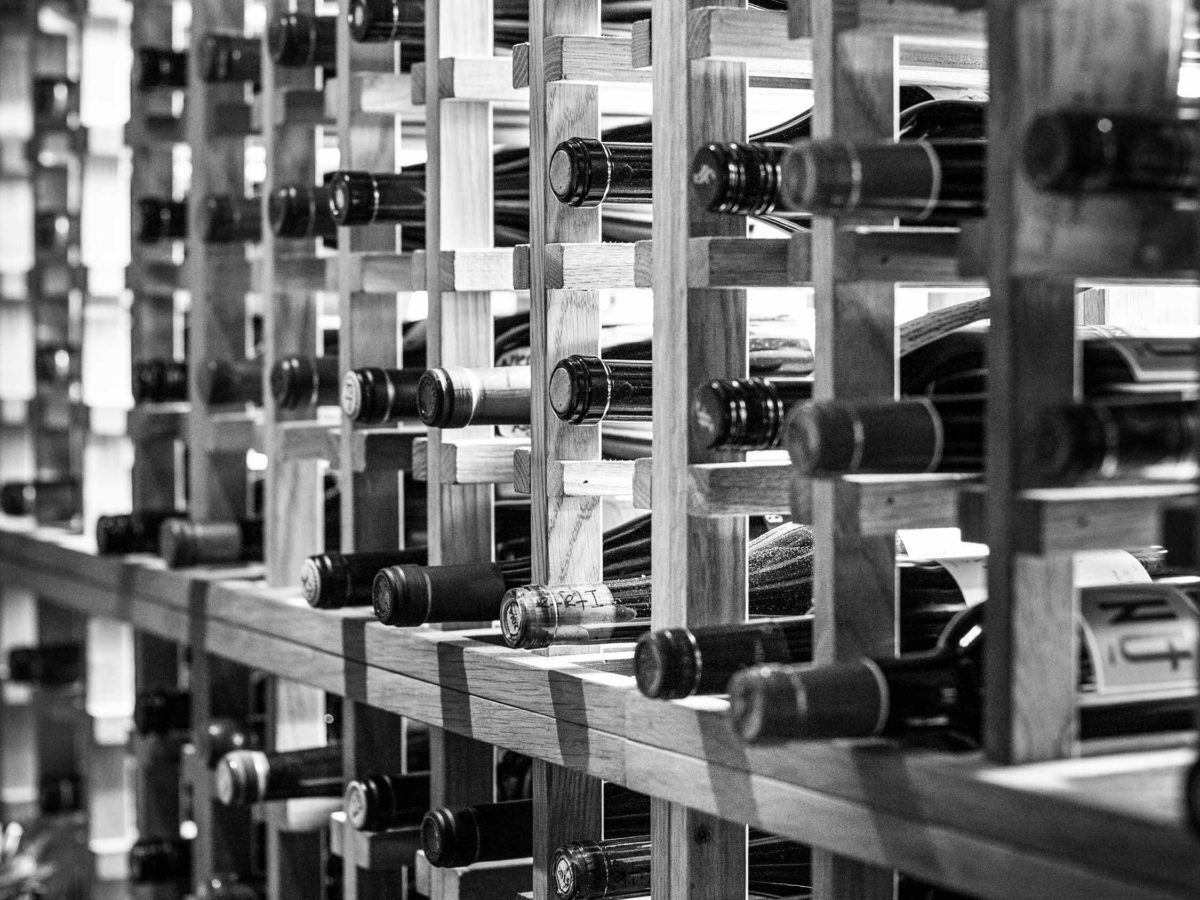There’s generally a feeling of excitement and anticipation surrounding shared dining experiences like buffets, yum cha, High Tea and ‘all-you-can-eat’ venues. It might be the freedom of choice, exposure to dishes that the diner might not typically go for, a quantity of dishes that causes the enlargement of the eyes over the stomach and – perhaps most of all – the fact that it is typically enjoyed with loved ones.
For venues, managing these types of dining experiences might involve different challenges and opportunities compared to a la carte dining. For instance, the venue might need to ramp up their speed of production, change their promotional strategy or customise their table management system to accommodate faster turnaround of guests.
According to ResDiary’s ANZ Customer Support Lead Declan O’Toole, there are a number of ways that venues can work with the ResDiary support team to custom-build their diaries, so as to facilitate this shared dining experience. Here’s a few things for these venues to consider.
“The seating times may be shorter than a normal restaurant.”
In an a-la-carte venue, it can take time for customers to look through the menu. Then, their order is taken by staff, and that order is processed and presented by the kitchen, before being served to customers. However, at buffet-style venues, customers typically help themselves to already-prepared dishes, or dishes might be brought to them, and they can choose whether to select them.
According to O’Toole, diners are often in and out the door quickly at buffet-style venues, as they bypass some of the processes involved in a-la-carte dining. As such, he says that venue operators might consider adjusting their Diary, so as to reduce the maximum seating duration. This, in turn, can increase the number of covers they can fit in for the day/evening.
He adds that venues that offer multiple dining experiences within the one venue set up their reservation system so the seating duration is different, depending on whether they select the a-la-carte, buffet-style or other relevant dining option.
“There are different things for venue operators to contemplate [when building their diary] depending on the dining style on offer. If the venue is turning tables quicker than expected, they can change their diary accordingly,” O’Toole says.
“Great peace of mind that the booking will be fulfilled”
Buffet-style venues can also use ResDiary promotions to maximise table occupancies, and avoid no-shows. This might involve credit card authorisations and deposits being a part of the booking process, so venues can secure the reservation.
“One example is Mother’s Day, and the first places to book out are venues serving High Tea. If guests don’t show up – or they turn up with three guests rather than ten – the venue can recoup what’s lost through a deposit,” O’Toole says.
“[This can] provide peace of mind, and ensure the venue doesn’t lose out financially because of no shows.”
Other ResDiary’s promotions that can be utilised by venues include discounts during off-peak periods, and happy-hours to encourage guests to attend, and return to the venue.
“We make sure all relevant information and promotions are [outlined in the booking process], and that customers receive confirmation and reminder emails after they have booked, so they are fully aware of any relevant details,” he says.
“Make sure staff are well prepared for dietary needs and requirements”
The inclusion of booking notes added by customers when they reserve a table is also important for hospitality venues. It enables customers to communicate with staff, and help to make sure that the kitchen is well prepared for dietary requirements and restrictions, as well as special requests.
For instance, if the venue receives booking notes from patrons which state that they are vegetarian or vegan, they can adjust their buffet spread to add in more meat-free options, or replace certain dishes with items that are vegetarian/vegan friendly. This can help to reduce wastage, as the venue isn’t producing dining options that patrons are unable to eat.
Venues can also use customer data (if granted permission) to personalise service in line with these notes, and incorporate the information as part of their marketing strategy.
“Data is a valuable thing for venues to have. The more you can do to get people to opt-in, the better it is for the venue,” O’Toole says.
“Having ResDiary Reports at your disposal is also priceless, as the venue can email customers with offers and promotions [that are relevant to their profile].
“Associating the dining experience with a special occasion such as an upcoming birthday or anniversary can also be a strategic thing for hospitality venues to do.”
There’s a range of reasons why a buffet-style venue might benefit from a table management system like ResDiary. While no two venues are alike, ResDiary’s customer support team can help to ensure that their table management platform is custom-built to suit the venue at hand.
Do you have a buffet at your venue? Book a demo on how ResDiary can work for you!
Disclaimer: This guide is general in nature and does not take into account your individual circumstances. Before acting on any information, you should consider whether this is right for your business.




